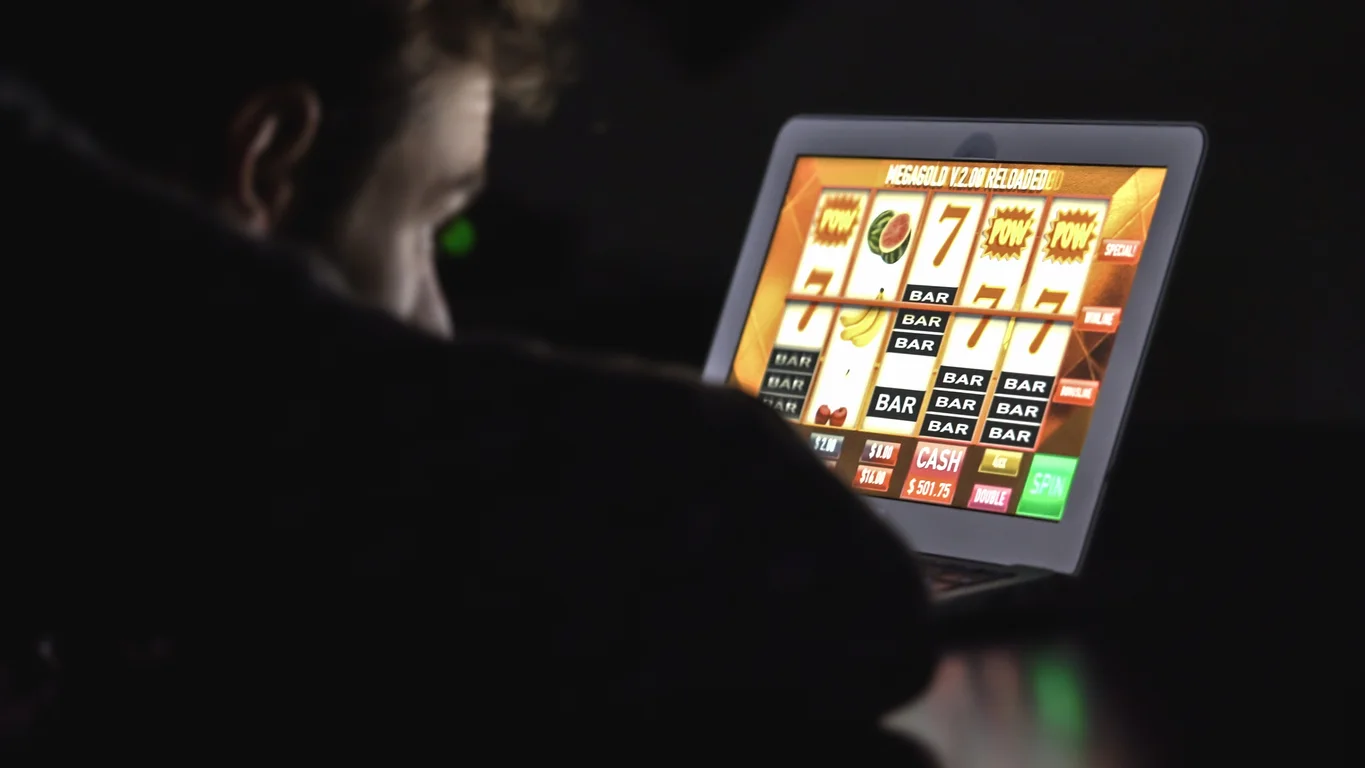
Are “Freemium” Games Gambling?
The word freemium is a combination of the words free and premium. It describes a business model in which a product is given away for free but it includes an option to pay to unlock new features or progress further (premium product). Freemium games are free to download and play. At some point, an option to pay to unlock a premium feature is presented to the player. Payment does not guarantee a win or progression in the game.

Is Jumping Jamboree a Freemium Model Game?
The answer is yes! Jumping Jamboree is based on a freemium model. You were able to access the game for free but at some point in the game, you were given the option to pay 50 coins to unlock the loot box.
In this game, the premium product is the contents inside the loot box.
However, the 50 coins are given to the player at the start of the game as opposed to the player earning or paying for in-game currency. The purpose of Jumping Jamboree is to simulate a freemium-based game experience without having users pay or earn currency.

What Are the Risks of Freemium Games?
There is a link between freemium-model games and gambling. When accessing a freemium game, it is usually free to play or access at first and then at some point during the game, the player is given the option to pay to: avoid a waiting period, gain more points, etc. This payment can be made with real-world currency or virtual currency (gold bars, coins, points, etc.)
Similar to traditional gambling, a payment is made without knowing the outcome of the game. The player does not know if the payment will result in a win or loss in the game, yet they are willing to take the risk. Due to the similarities between freemium models and gambling, there is some potential risk involved.
Risks of Freemium Games Include

Overspending
There is a risk of spending more money on freemium games than you are able to afford because you want to continue playing the game and you are unable to continue without payment.

No Guarantee
Feeling like paying for the premium features and the chance to proceed will guarantee a win even though it does not.

Endless Reward
When paying for the chance to proceed in a game the user may feel the “chance” they have paid for is a reward that satisfies them for the time being as they continue to seek out more rewards.

False Hope
Convincing yourself that paying in a game automatically means you have a higher chance of beating the game.

Ranking it Up
There is a desire to increase game ranking as a player which may result in continually paying for additional chances.

Real vs Digital Value
There’s a disassociation between the value of cash online versus real-life, which can make it difficult to track in-app spending when it comes to freemium games.

Cost Efficient?
Freemium model games are popular in the app store and users may feel they are the more cost-efficient games compared to their paid counterparts. Due to choosing the more “cost-friendly” option, users may feel they do not need to monitor their spending.
Limiting in-app spending
Limiting in-app spending by using prepaid credit cards on freemium model games rather than personal/parent’s credit cards.
Limit time
Limiting time spent playing freemium games can reduce the desire to pay to play.
Learn about unconventional forms of gambling
Pay-to-play options within freemium games can be a form of gambling.
